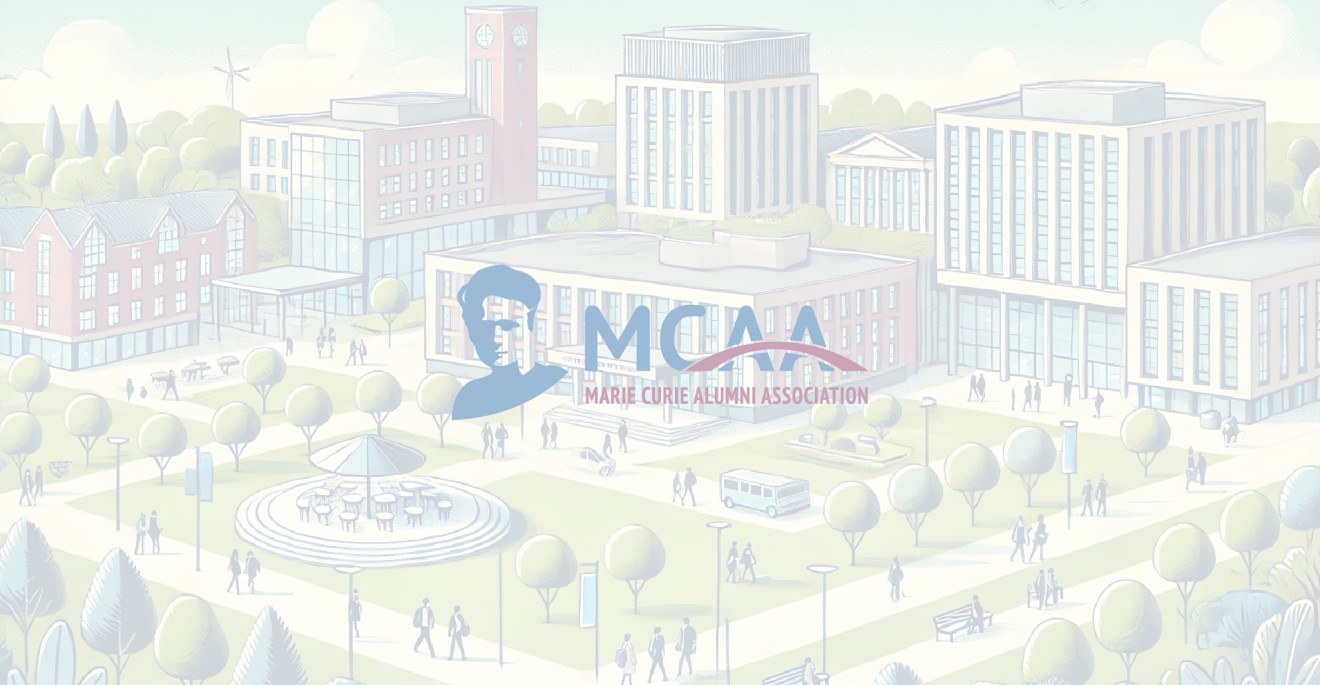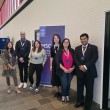Partnering with the non-academics: Is it as easy as on paper?

PhD training in neglected tropical diseases (NTDs) – The necessary and challenging collaboration between academic and non-academic institutions
EuroLeish[1], an MSCA ITN focusing on the control of parasitic disease leishmaniasis, organised a thought-provoking session during the 12thEuropean Congress of Tropical Medicine and International Health (ECTMIH) in Liverpool, UK in September 2019. Although there are good reasons behind the recent shift towards collaboration between academic and non-academic partners, the experience and lessons learned rarely get the spotlight. The aim of this session was to have a frank discussion about this topic, based on the fellows’ experience. This was relevant, as at least 4 out of the 15 PhD projects within the EuroLeish network (2015-2018) were designed with partnership in mind. These non-academic partners range from private pharmaceutical companies, small-to-medium enterprises (SME) and non-governmental organisations (NGO). They were involved since the beginning of the network and play an active role, including training and secondment of the fellows for a period of maximum 11 months (remember that mobility clause?).
EuroLeish was ambitious, with its slogan “control of leishmaniasis, from bench to bedside to community”, incorporating basic, translational and implementation research projects. The project drew from different scientific disciplines (i.e. molecular biology and epidemiology, drug discovery, vector control and immunology) but focused on a common goal, leishmaniasis control. As of end-2019, 10 PhDs were successfully completed.
In the session in Liverpool, Aya Hefnawy and Joana Pissarra, who worked respectively on drug resistance and developing a new vaccine, presented their experience about collaborating with pharmaceutical companies. Aya worked with GSK, using one of their compounds to explore the utility of including drug resistance studies early on in the R&D pipeline for a new anti-leishmanial drug. She described how the company’s policy also applied to her: Results must be scrutinised and greenlighted, often much earlier than public presentation is made or a paper is out. Her thesis is still under embargo for that very reason. Joana was supposed to visit the company’s facility but due to mishaps in coordination this could not take place.
As experienced by Bruno Hinckel, whose PhD was mostly based at an SME, the pros include well-equipped laboratories and infrastructure fitting to the corporate culture. However, the ‘academic’-driven evaluation – e.g. in terms of a rigid publications target – seems to neglect transferable skills obtained in a different cocoon. Temmy Sunyoto, whose PhD focused on access to leishmaniasis care in Africa, reported positive synergy with Médecins Sans Frontières’ advocacy wing, the MSF Access Campaign, especially in regard to being able to interact with the users of her research results. Secondment proved useful in sharpening her advocacy and science communication skills.
What stood out as the common good of being in a mixed academic and non-academic collaborative set-up was the breaking out from the silos, the possibility of glimpsing a different atmosphere, work ethos and situations besides an academic context. The incorporation of trainees’ mobility into the network, together with the commitment, strong affiliations and technology transfer between the participants, provided a highly synergistic framework for success. The pitfalls were many, but fellows coped by adopting a “What can’t kill us only makes us stronger” attitude.
All the speakers noted that it is paramount that everything is well-defined from the beginning, avoiding administrative hassles. Secondment at these partners also involved meticulous planning related to clearances, and, if in another country, also logistical and administrative arrangements. The continuous engagements, in terms of annual meetings and retreats, proved to be useful also in solving communication issues. Furthermore, the experience gained in the non-academic partner was considered an advantage instead of a barrier, becoming an added value to their non-conventional PhDs. The fellows are now more ready than ever to take on new challenges!
Author: Temmy Sunyoto (Email: temmy.sunyoto@gmail.com)
[1] The EuroLeish project has received funding from the European Union's Horizon 2020 research and innovation programme under the Marie Skłodowska-Curie International Training Network grant agreement No 642609.


